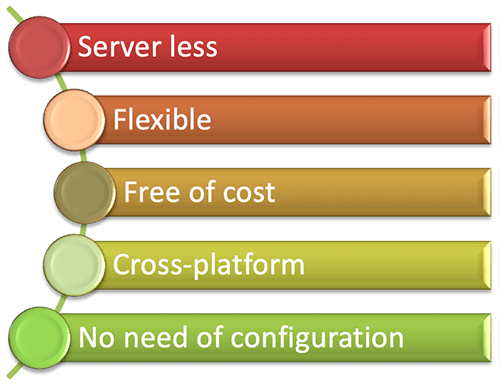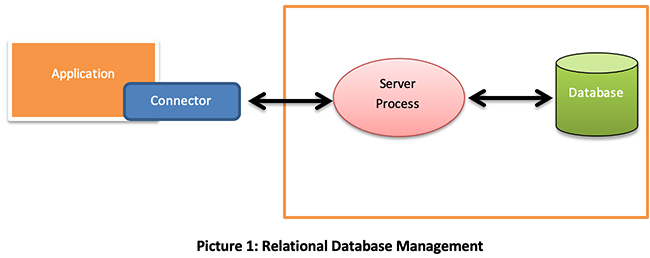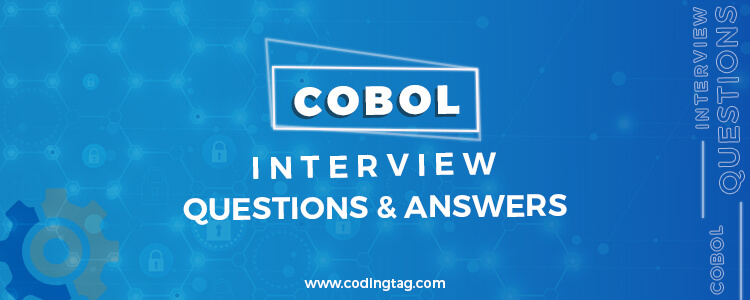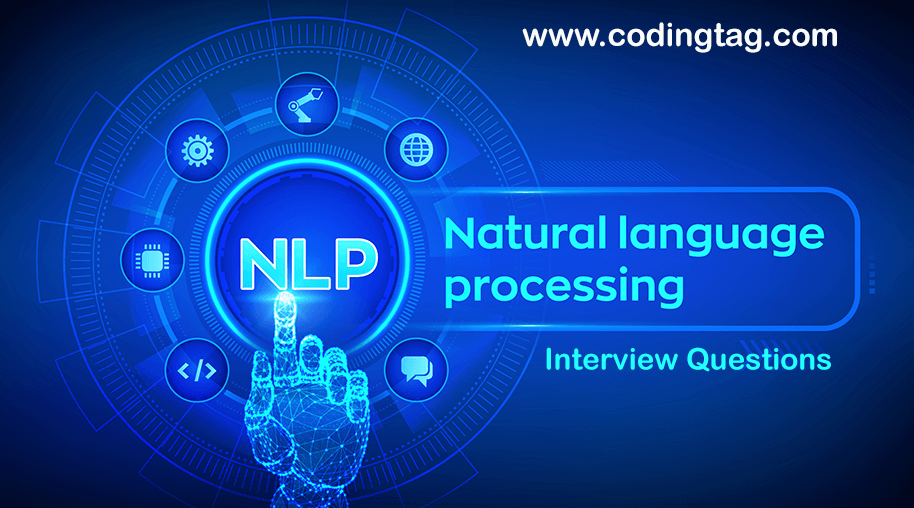SQLite Interview Questions
0 5415
Hey all,
Today we will be discussing the new yet powerful database programming and management system which has been introduced in the year 2000 by Dwayne Richard. Even after being introduced later than other database systems, it has acquired the position of one of the most popular database management systems.

If you are also looking for a career in the fields of SQLite, then this blog has been prepared for you. In this blog, we will discuss some of the most likely SQLite Interview Questions which are asked during an interview.
So, without wasting any more time, let us get started with our first question, which is:
1) What is SQLite?
SQLite is a relational database management system that is mostly contained in the smaller C programming language. The 'lite' term in the SQLite refers to the lightness in terms of the resources, setup requirements, and database administration.
2) Name some of the extensive features included in SQLite.
Some of the extensive features of SQLite include:

- Server less
- Flexible
- Free of cost
- Cross-platform
- No need for configuration
3) What are the different storage classes in SQLite?
In SQLite, there are 5 major storage classes namely:
- NULL storage class to store any NULL value
- INTEGER storage class which stores any positive or negative signed integer value, depending on the value of the integer in bytes
- REAL storage class to store any floating-point value in 8 bytes
- BLOB storage class to store the value in the form of Binary Large Object (BLOB)
- TEXT storage class to store string type value with the database encoding
4) Can you demonstrate the difference between SQL and SQLite?
The difference between SQL and SQLite can be demonstrated with the help of following a given table:
| SQL | SQLite |
| It is server based database management system | It is file based database management system |
| It is Structured Query Language | It is relational database management system generally used for data storage in mobile devices |
| Stored procedures are supported in SQL | Stored procedures are not supported in SQLite |
5) Explain some of the major SQLite commands and why are they used.
Some of the major SQLite commands are:
i) Commands used for general storage management and accessing methods:
CREATE
DROP
ALTER
ii) Commands used for manipulating and modifying the stored data
INSERT
DELETE
UPDATE
iii) Commands used for retrieving the data from the database:
SELECT
6) Mention some of the advantages of SQLite over other database management systems.
The following picture demonstrates the process structure of other database management systems:

However, SQLite does not require a server process to operate and interact with the database directly:

The major advantages of SQLite over other database management systems are:
- SQLite database management does not require a separate processor server system to manage the storage
- As SQLite comes with zero configurations, there is no need for setup and administration
- SQLite is more compact
- Single platform disk file can be used to store data in SQLite
- No external dependencies are required for SQLite database as it is self-contained
- Almost every operating system is supported by SQLite
- SQLite also provides an easy to use API and is written in ANSI-C
7) What do you mean by SQLite Transactions?
SQLite transactions refer to the operations which are performed on the database to interact with it. The transactions in SQLite attain the ACID property which defines:
- Atomicity to ensure the successful completion of the operation
- Consistency to ensure that the modifications are done after successful completion of the transaction
- Isolation to ensure all transactions runs independently to each other
- Durability to ensure the continuation of transaction in case of system failure
8) Explain how will you create a database in SQLite?
In SQLite, a database can be created using the CREATE TABLE query along with the definition of a column, and data types for each of the columns.
For instance:
CREATE TABLE database1.table1( Column_name datatype PRIMARY KEY(columns), Column_name datatype, );
9) How is data inserted into a table in SQLite?
In SQLite, data can be inserted into the table with the INSERT INTO command. It can be done using two methods:
i) Using the columns of the table:
INSERT INTO TABLE1 [(columnName1, columnName2)] VALUES (value1, value2);
ii) Directly adding the values:
INSERT INTO TABLE1 VALUES (value1,value2);
10) What are some of the aggregate SQLite functions?
Some of the aggregate SQLite functions are:
- MIN function
- MAX function
- AVG function
- SUM function
- COUNT function
- LENGTH function
- LOWER function
- UPPER function
11) What is an SQLite_schema error?
SQLite_schema error is a type of database error that indicates that the SQL statement implemented is no longer valid and cannot be executed.
This generally occurs while working with sqlite3 step() and sqlite3 prepare() SQL interfaces.
12) Can we retrieve the data which has been deleted from the SQLite database? If yes, how?
We can retrieve the data only if we have a backup copy of the data. To retrieve the deleted data, SQLITE SECURE DELETE command is used.
13) What is .dump command in SQLite?
.dump command in SQLite is used to dump all the data stored in the database. On dumping, the data is deleted forever and cannot be retained again.
14) What are the views and indexes in SQLite?
Views in the table refer to the composition of the table in the form of all of the rows from one or more tables.
While index in SQLite refers to the pointer for easy retrieval of the data from tables.
15) Explain the usage of AND and OR operation with WHERE clause in SQLite.
The usage of AND and OR clause with the WHERE clause in SQLite can be understood with the help of the following example:
SELECT columnA, columnB, columnC FROM table1 WHERE [conditionA] AND [conditionB]...OR [conditionC];
In this code, AND and OR clauses have been used to join Conditions A, B, and C.
With that last question, we end our blog for SQLite Interview Questions here. Let us know in the comment section below if you have any interview questions of your own.
Also, don't forget to like and share it with your friends who are preparing for SQLite interviews.
Till then, keep visiting

Share:








Comments
Waiting for your comments